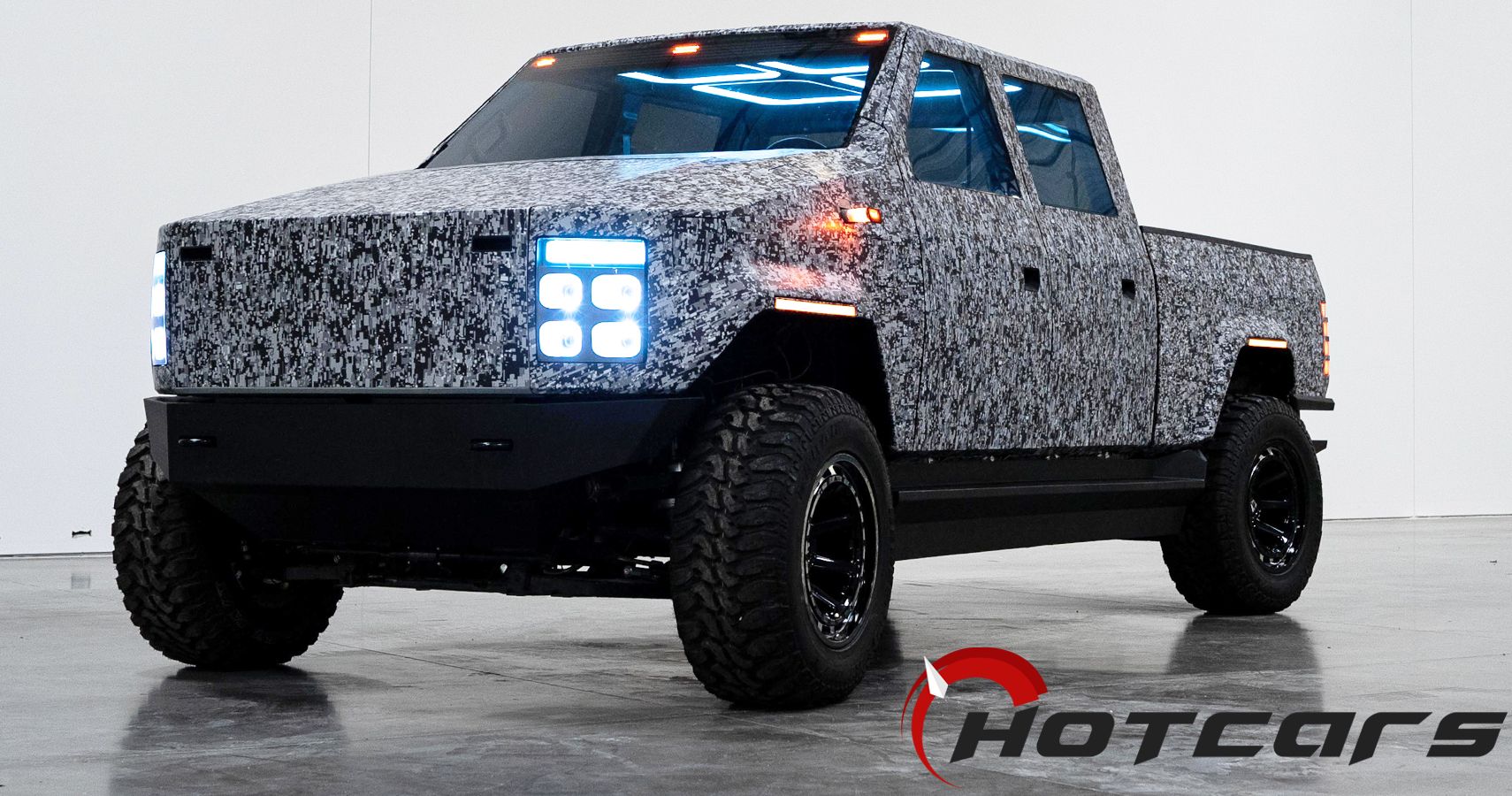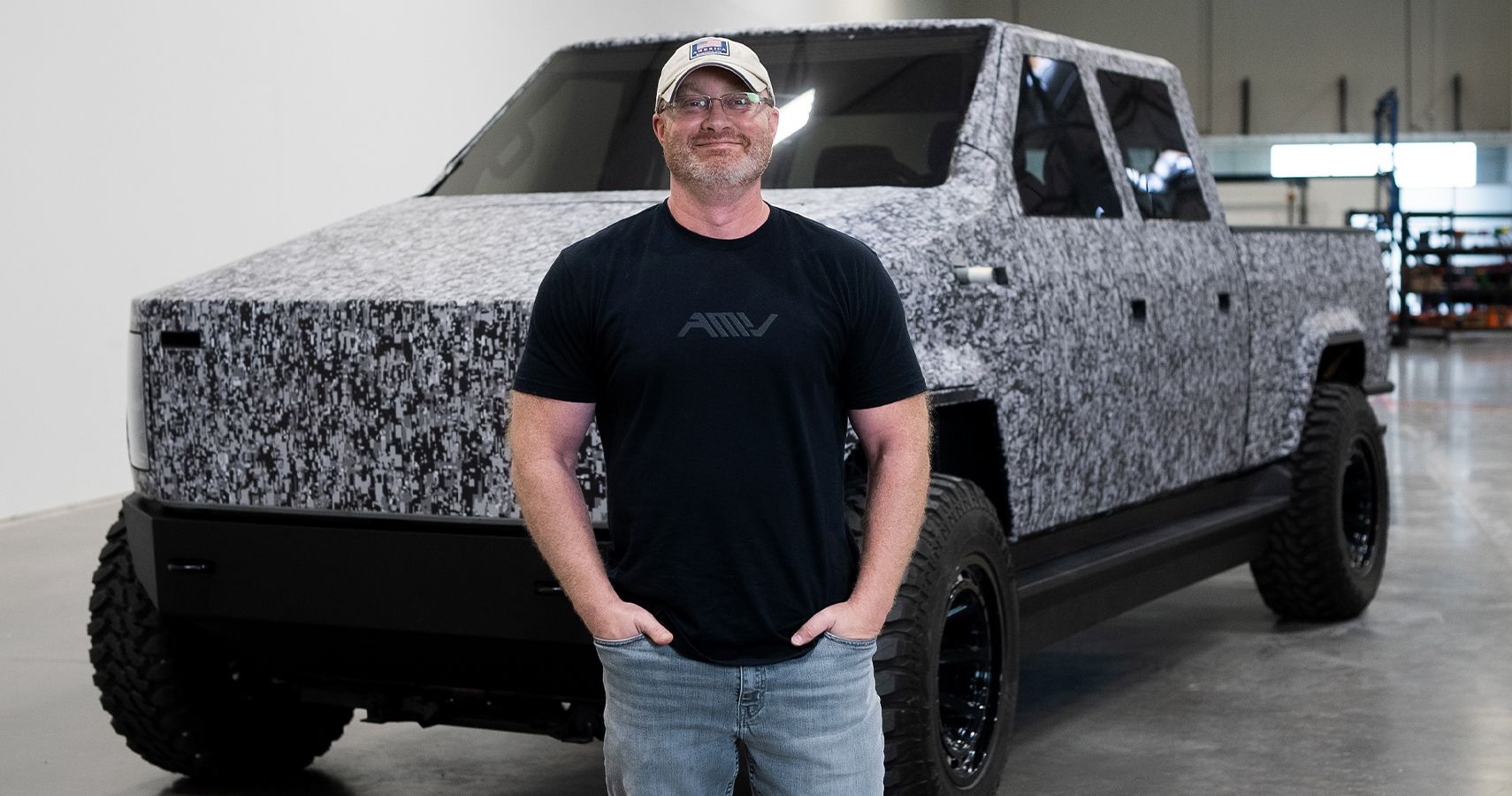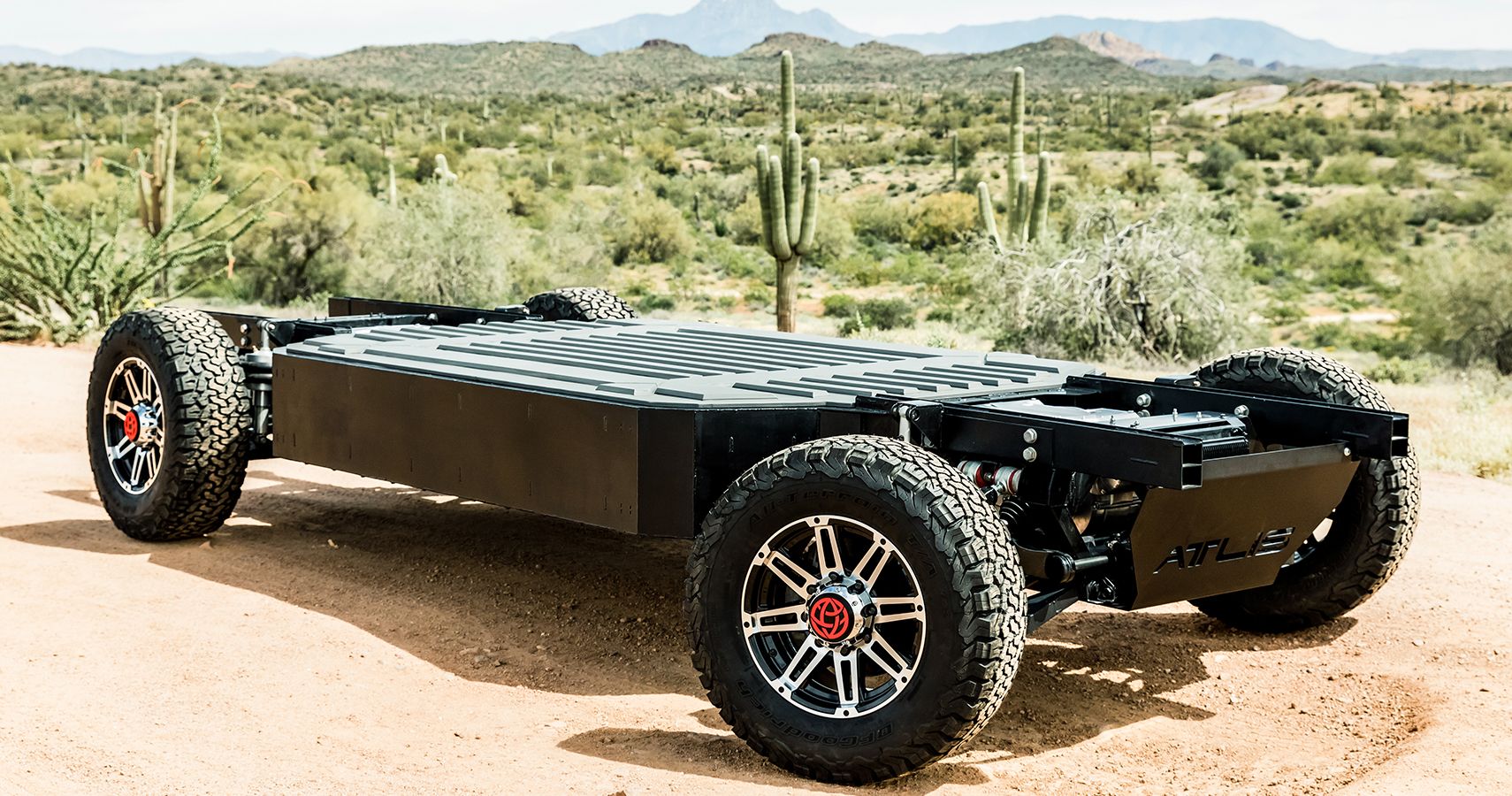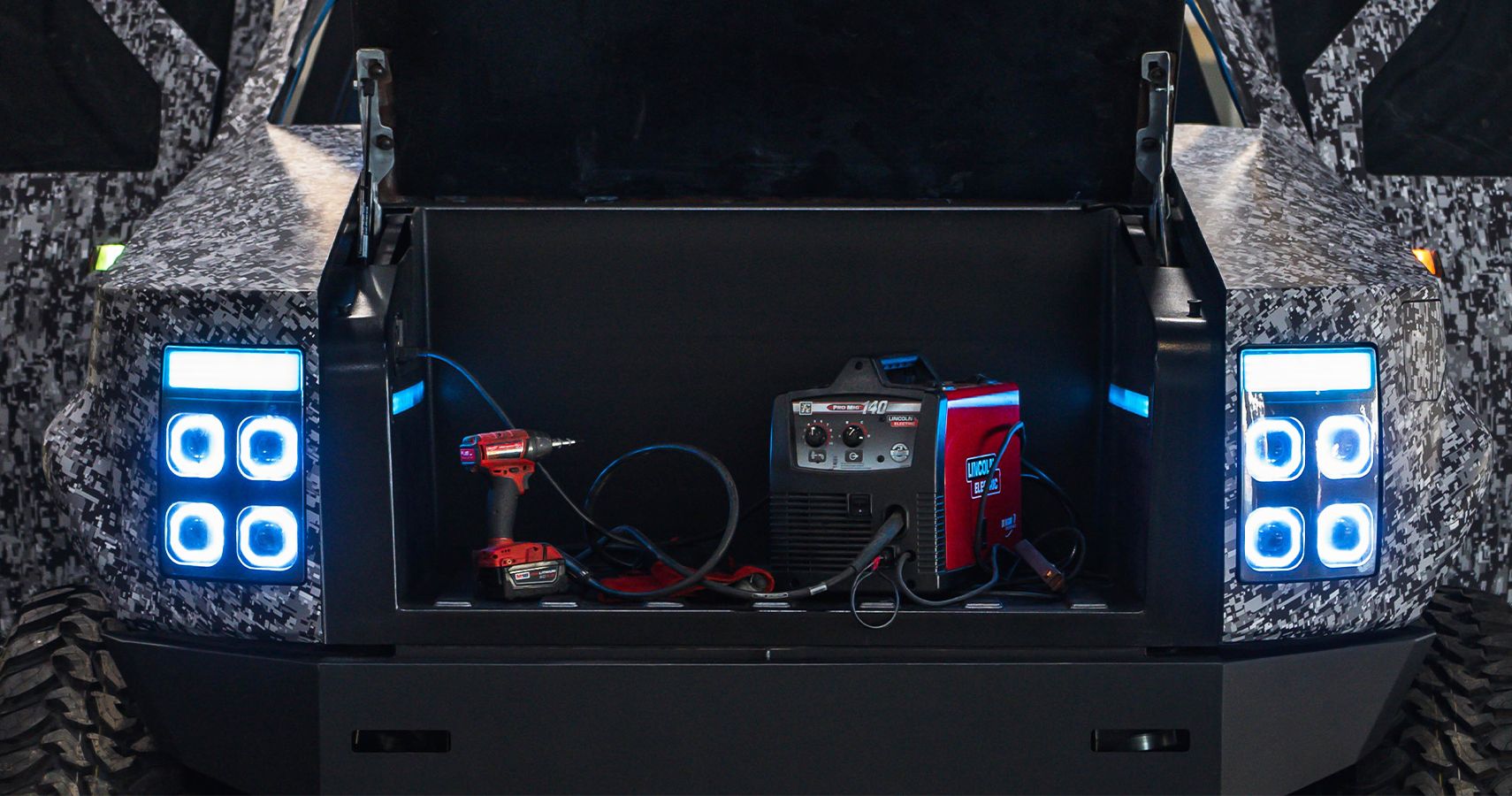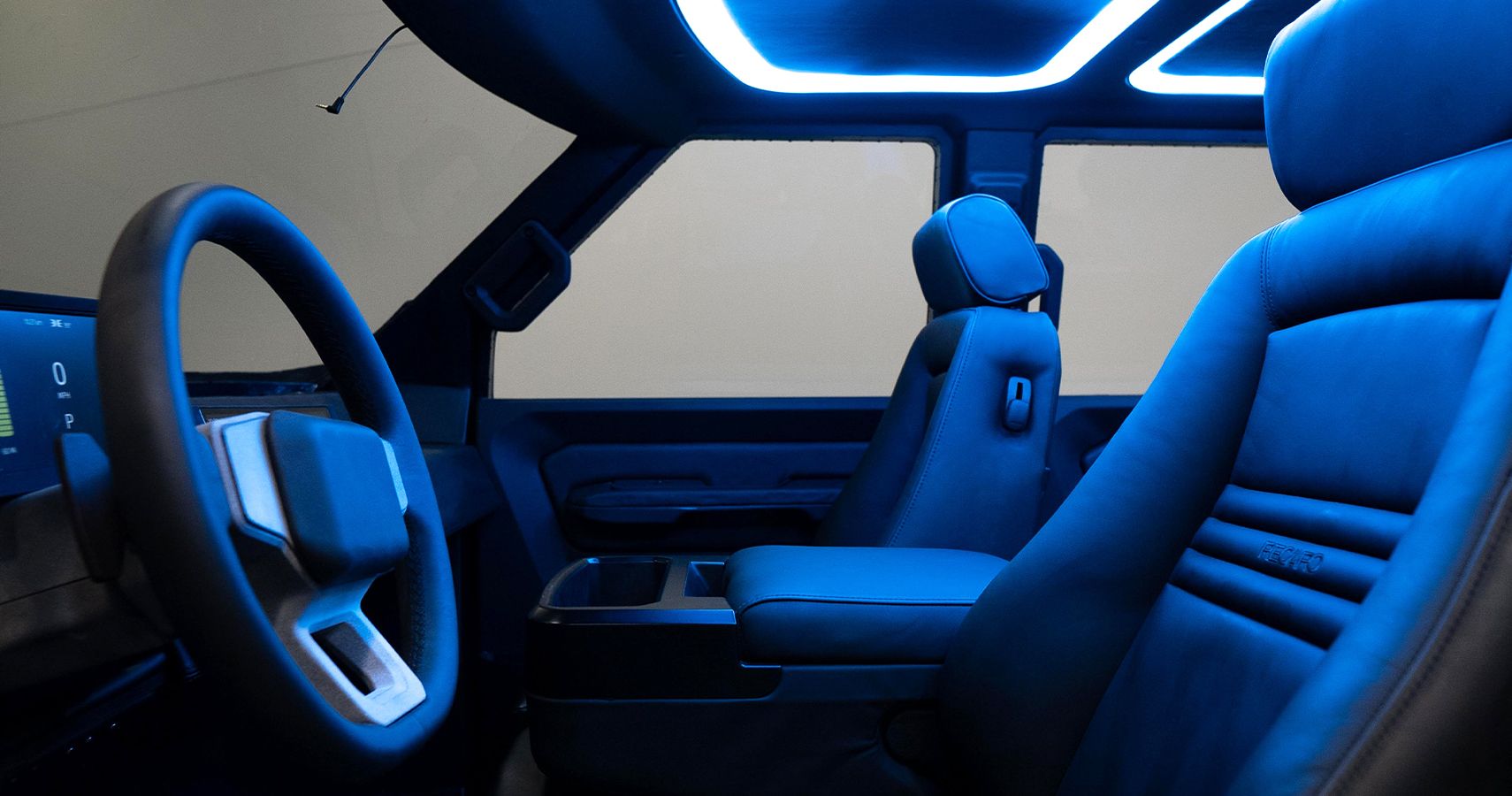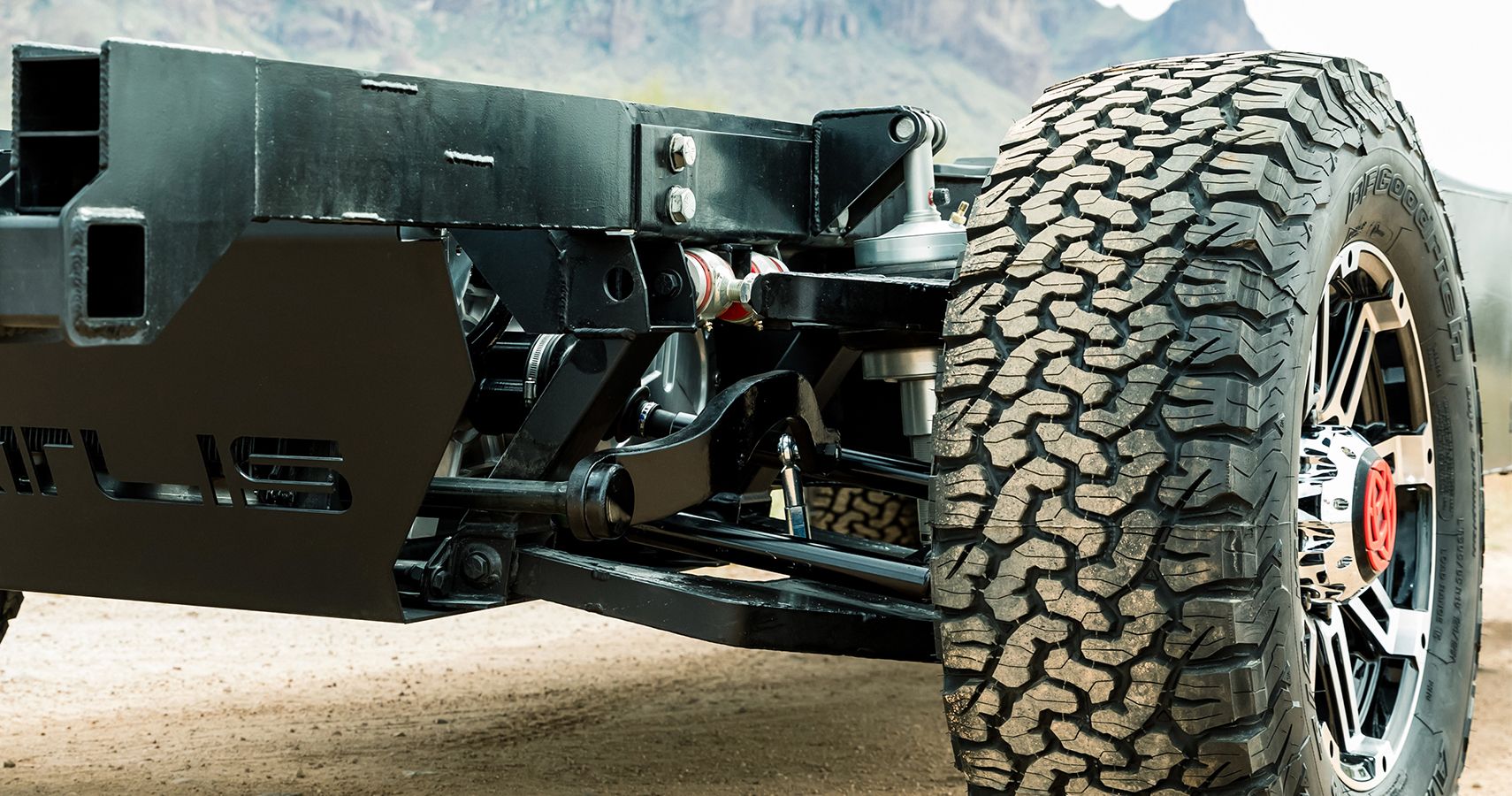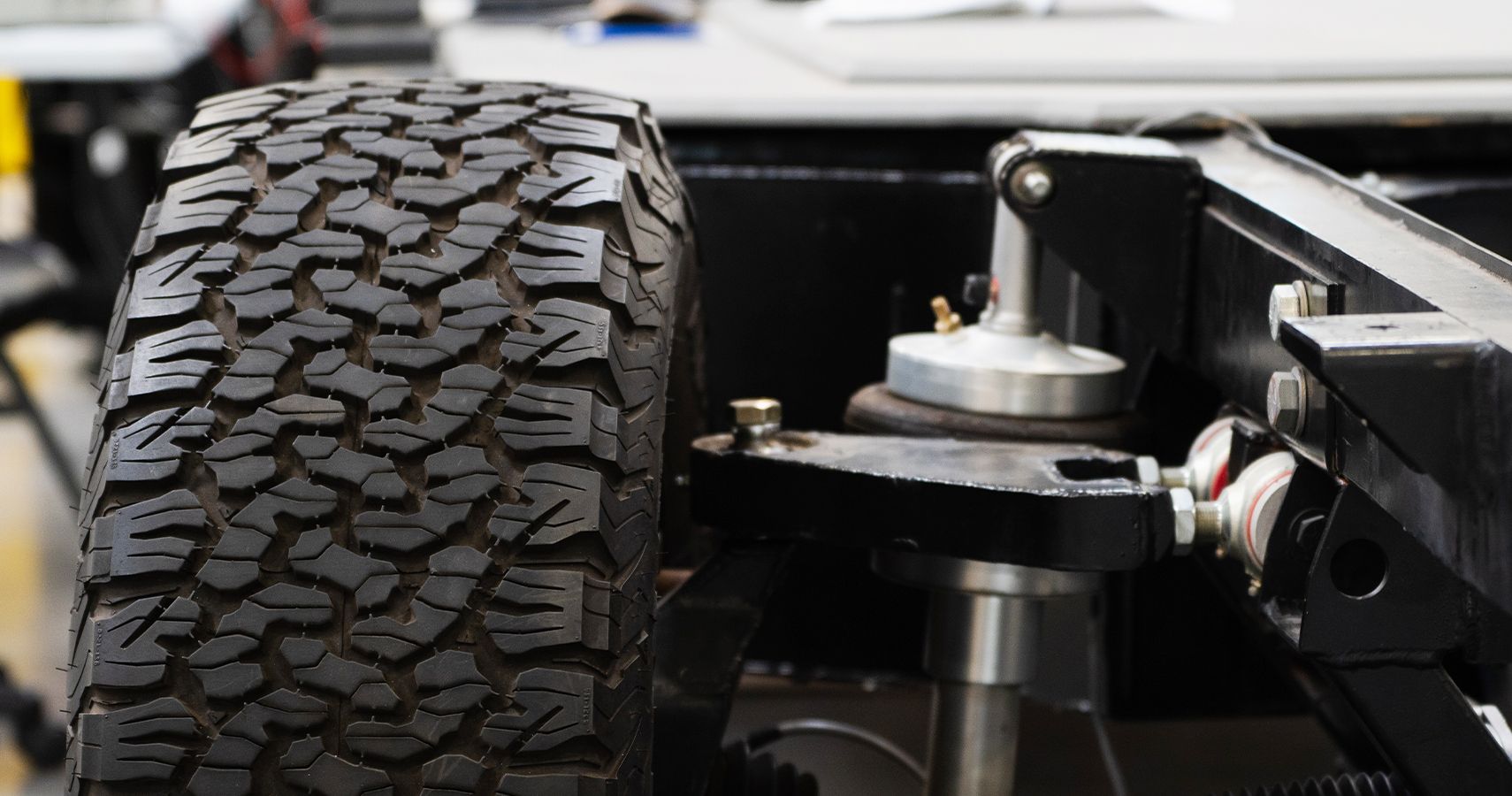Major automotive manufacturers and consumers alike know by now that electric vehicles represent the future of transportation. Just take a look at all the EV crossovers debuting at the LA Auto Show to take the industry's temperature. But questions of range, reliability, and sustainability still hound every new EV, even if Lucid just broke the 500-mile barrier and Rivian drove an electric pickup across the entire country off-road.
Affordability also fits into the mix, since the Rivian R1T borders on a luxury vehicle's pricetag—meanwhile, the Ford F-150 Lightning's affordable version can only clock 230 miles on a good day. But one startup called Atlis Motor Vehicles hopes to take the pickup market by storm next year by combining unprecedented range and charge times with true work-truck utility. I spoke recently with Atlis founder Mark Hanchett to find out how he set about developing a new full-size pickup that aims to pioneer the electric landscape.
Atlis Founder & CEO Mark Hanchett
Hanchett avoids much of the grandiose messaging more typical of Silicon Valley EV startups these days, but that doesn't mean he believes any less in the power of a passionate group of bold thinkers to disrupt an industry and change the world. His personal background brings a degree in mechanical engineering together with real-world technological development processes.
"I’ve done everything from the world’s first 12-gauge taser projectile in a shotgun shell," he said, "Then I got into body-worn sensors, cloud sensors, mobile applications, software, hardware, mechanical integration, whole ecosystem development programs. And in between there, a bunch of advanced research projects on biomechanics, bioelectricity, how electricity conducts through the body, material sciences."
Along the way, Hanchett started almost a hobby project trying to convert his Duramax-powered diesel GMC pickup into an EV.
"When I got started on this, no one was doing electric trucks at the time," he recalled. "Take the diesel engine out, put an electric motor in there, is that a viable option? Bolt some batteries onto it and it kinda works, but not really."
Founding Atlis In 2016
"I realized that you’re not going to meet the performance requirements," Hanchett explained. "You’ll build this cool hobby thing, where it works and you can drive it, but it doesn’t really do anything. You can’t have the range, you can’t tow, it takes hours to charge it... It was just this massive negative. And then my cost was going to be incredibly expensive, so it just didn’t work from a business perspective."
Hanchett's own work on the GMC led him to begin examining the entire EV industry, steadily building his knowledge base in what, looking back, seems like a pretty strong trajectory toward founding Atlis.
"Officially, Atlis started in 2016 and I started alone, so I was kind of a one-man show for a while. I think in 2019 was when I first started raising money outside of what I first put into the company, I hired my first five guys to come work for Atlis."
Without the money to pay those five hires, however, Hanchett harnessed the power of the internet and began selling equity in the company through crowdfunding. More recently, Atlis closed a six-week round of crowdfunding that raised another $6 million.
"So from there, Atlis grew," Hanchett said. "Not just electric trucks, that’s where we started and then I realized we could build something much bigger than that."
A Battery Company That Also Builds Trucks
At the time we spoke, Atlis numbered 44 team members with plans to expand past 90 in the next couple of months as production ramps up. But not truck production, it turns out—this company is much more about batteries now.
"We had to solve the battery problem," Hanchett said, simply. "So we’ve actually created our own battery tech that allows us to charge in 15 minutes. This is the cube cell that’s coming out here in the next couple weeks that’s going into the truck."
At his desk, Hanchett held up a small metal cube for me to see, emphasizing that Atlis differs from most EV companies or OEMs because they see their role as an energy company and cell manufacturer. And the stats Hanchett throws around about their batteries do sound potentially revolutionary—the XT truck should do a full charge from zero to 100% in only 15 minutes, with a max range of 500 miles, towing rated at 35,000 pounds, and more. I asked how in the world a small company could make such massive claims.
"To explain it simply, if you want to solve fast-charging battery cells, there’s two way to do it. One is you invent a new chemistry solution that might solve the problem. And that exists in all this hype that you see in these press releases around solid state, sulfur batteries, silicon, whatever it is. Chemistry is one way. The second way is heat. So we took the second approach, and we took a very mechanical approach to solving the problem."
Hanchett walked me through the ways that heat management allows Atlis to prevent cell degradation during fast charging, specifically highlighting dendrite growth, where molten metal solidifies inside the battery.
Cooling Cells For Efficiency and Performance
Hanchett went pretty deep about how Atlis designed the cooling system for batteries that will set new standards for simultaneous performance and efficiency.
"Our cell behaves as a radiator, where the veins are inside the cell and the tubes go across the top and bottom of it," he explained. "You can think of it as suspended in the liquid, but mostly that’s driven by the fact that we didn’t want to create a bunch of parts and components, like seals. If you’re doing a liquid-cooled with water-glycol like radiator fluid you have in your regular car—which everyone in the industry except three of us do—you have a bunch of hoses and pumps and connectors. All those things can fail."
"What we do is we actually submerge everything in a high-dielectric fluid, but it does flow. And it actually flows across the top and bottom of the cell."
The end result is a full charge—rather than the common 15-80% measure—in only 15 minutes when using a high-powered charger that Atlis will also develop and sell.
"The actual charge time is less than 15 minutes," Hanchett went on. "And what makes us unique is that you can do that anytime, every time. So if it’s Minnesota winter, it’s negative 40 degrees outside, if it’s Arizona summer, it’s 115 degrees outside, it doesn’t matter. You get a 15 minute charge time every single time."
Aiming At The Full-Size Pickup Truck Segment
"It also drives better performance, from 100 to 0% of the battery, we don’t have a reduction in power as the battery drains. So if we say 600 horsepower, you’ve got 600 when it’s 100% and you’ve got 600 when it’s basically just slightly above zero."
Hanchett's small team began with the battery tech, but also worked on all the internal electronic systems for the forthcoming XT pickup truck, in the spirit of simplification—though the screens in the dash will come from an outside vendor. I asked why Hanchett decided to focus on trucks, rather than aiming to build a luxury passenger or performance car like many other brands.
"The pickup truck market is something that continues to grow year over year. Whether they’re mid-sized, smaller ones or big full-sized trucks, is becoming kind of the new family SUV. And it’s kind of this forever growing market."
But if that market continues to swell, how can Atlis hope to differentiate itself?
"For the Cybertruck, it’s relatively easy," Hanchett laughed. "The Ford is an F-150 converted to electric, it's familiar. Silverado and the new GMC truck that comes out will probably be in the similar realm."
"This is our fourth iteration of the truck this time and it’s really driven by function over form, so everything on the vehicle has a purpose. And if it doesn’t have a purpose, we don’t add it."
As examples, Hanchett explained that the XT's no-fuss exterior evolved because an electric car doesn't need a grille. Plus, he doesn't believe in cosmetic adornments. And best of all, minimizing stylistic decisions and parts production helps to drive the price point down.
Making Tweaks Before Production
Hanchett did reveal that the current XT design will change, if only minimally, before full production begins. I specifically pointed to its tall aero profile and potential weight, both of which require serious consideration for the other EV manufacturers in the field.
"Obviously we’ll make improvements from that standpoint," Hatchett admitted. "We are aiming for more of a full-size truck platform, something that can do work. Because that’s the market segment that we really want to stay in. I’m a consumer buyer of a pickup truck that is capable of doing real towing, real hauling, payload, stuff like that. We want to make sure that we’re doing a vehicle that fits within that segment."
And yes, the XT will feature an optional eight-foot bed.
"Right now, we have no reason to think that we won’t hit our range targets and performance targets with what we have."
But at the moment, Atlis and Hanchett need to focus more on their batteries than the actual pickup truck. That's because Atlis took on contracts to produce $300 million worth of cells for outside companies, ranging from two and four-wheeled vocational products to off-roaders and last-mile delivery vans.
"That’s not even our own vehicles. So our big focus right now is building up battery cell production capabilities to meet that demand and setting ourselves up to scale so we can meet our own demand as well as our external customer demand."
Scaling With An Eye On Production
Much like Lucid, Rivian, or any company building any new product, Atlis needs to grow steadily. I asked Hanchett how his small crew can scale up to building so many batteries and, eventually, a production pickup and skateboard platform.
"I believe in a crawl-walk-run scenario," he replied. "I’m not going to make massive promises of deliveries. We’re going to do the first 150 trucks at the end of next year and 50 platforms next year. And that will scale. By 2026, we’re targeting 75,000 trucks per year."
Those platforms, which Atlis calls the XP, will go to coachbuilders and upfitters to build upon the same underpinnings as the Atlis pickup, but none of the world's largest automakers. Hatchett actually believes Atlis and other startups will steadily leave those established brands behind as the EV revolution continues to expand.
"I’m not worried about the big OEMs because they buy stuff and integrate it, they don’t really drive innovation in the industry."
Everyone thinking about the future of electrification tends to ask me about the sustainability of EV battery production, so I directed Hanchett towards the subject of mining precious resources.
"Lithium is one of the most abundant materials that you can find on Earth," he responded. "The ones that you have a concern about are things like nickel and cobalt, because those are the hot-commodity items. I think we’re going to move away from those very quickly, which means we’re going to move towards much more abundant sources of materials that go into the battery cells and the cost is going to come way down when things become more readily available."
"We’re in this moment, this cusp of the current state of technology," Hanchett said, "And we’re just so close. In the next three to four years, you’re going to see this transition and we’re going to be one of the leaders in that transition."
Sources: atlismotorvehicles.com, chevrolet.com, tesla.com, lucidmotors.com, and rivian.com.

